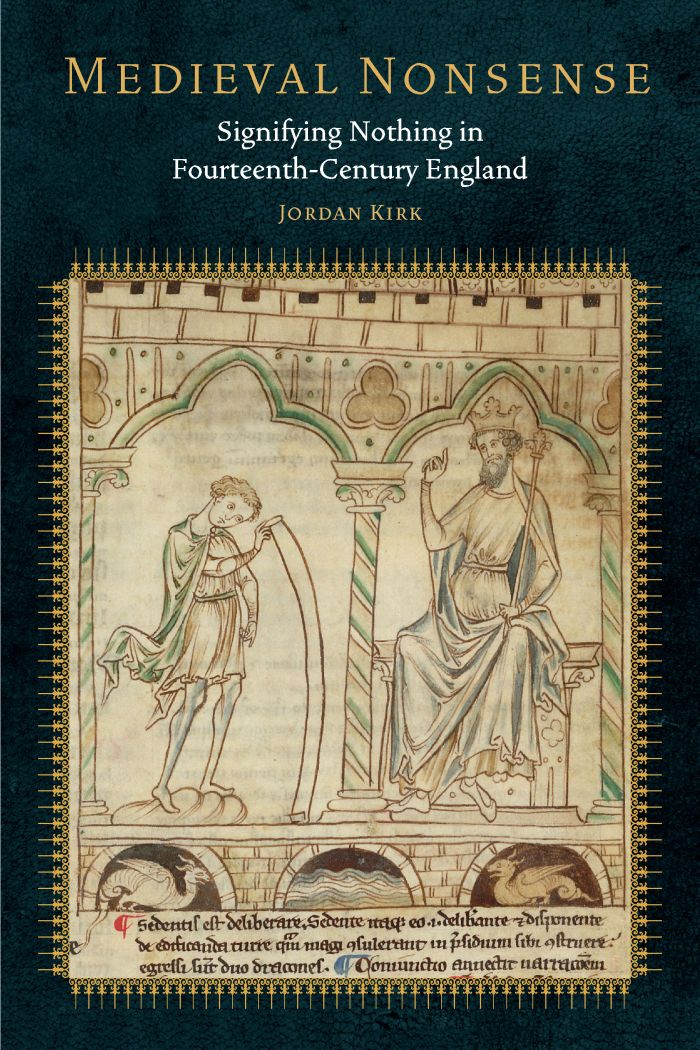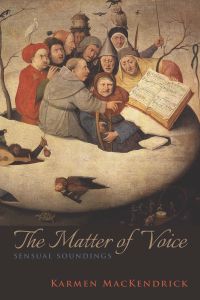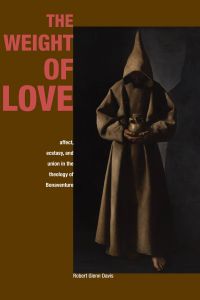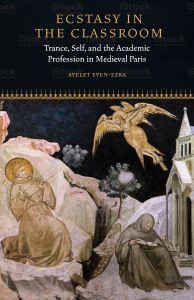Medieval Nonsense
Signifying Nothing in Fourteenth-Century England

This book can be opened with

Five hundred years before “Jabberwocky” and Tender Buttons, writers were already preoccupied with the question of nonsense. But even as the prevalence in medieval texts of gibberish, babble, birdsong, and allusions to bare voice has come into view in recent years, an impression persists that these phenomena are exceptions that prove the rule of the period’s theologically motivated commitment to the kernel of meaning over and against the shell of the mere letter.
This book shows that, to the contrary, the foundational object of study of medieval linguistic thought was vox non-significativa, the utterance insofar as it means nothing whatsoever, and that this fact was not lost on medieval writers of various kinds. In a series of close and unorthodox readings of works by Priscian, Boethius, Augustine, Walter Burley, Geoffrey Chaucer, and the anonymous authors of the Cloud of Unknowing and St. Erkenwald, it inquires into the way that a number of fourteenth-century writers recognized possibilities inherent in the accounts of language transmitted to them from antiquity and transformed those accounts into new ideas, forms, and practices of non-signification. Retrieving a premodern hermeneutics of obscurity in order to provide materials for an archeology of the category of the literary, Medieval Nonsense shows how these medieval linguistic textbooks, mystical treatises, and poems were engineered in such a way as to arrest the faculty of interpretation and force it to focus on the extinguishing of sense that occurs in the encounter with language itself.
Medieval Nonsense makes a historically informed, theoretically sophisticated case for the centrality—indeed the foundational necessity—of the concept of nonsignification for medieval writers working across many fields of study and literary traditions, including linguistics, philosophy, theology, devotional literature, and hagiography.—Robert Sturges, Arizona State University
... [A] provocative, targeted and well-researched inquiry into language and the limits of meaning in medieval
—TMR: The Medieval Review
sign theory, literature, and sacramental theology.
Evidence of Jordan Kirk’s love of words is apparent everywhere in his engaging and enjoyable book, Medieval Nonsense: Signifying Nothing in Fourteenth-Century England.—Studies in the Age of Chaucer
In Medieval Nonsense, Kirk has made a powerful case for the significance of nonsignification to our comprehension of medieval thought and its afterlife. This is an original and erudite study that proposes unexpected lines of filiation between medieval and modern literature, nuancing our understanding of both.—Speculum
The Wind in the Shell: Prolegomena to the Study of Medieval Nonsignification | 1
1 Priscian, Boethius, and Augustine on Vox Sola | 27
2 Walter Burley on Suppositio Materialis | 52
3 The Cloud of Unknowing on the Litil Worde of O Silable | 76
4 St. Erkenwald on the Caracter | 98
Acknowledgments | 127
Notes | 129
Bibliography | 157
Index | 183




